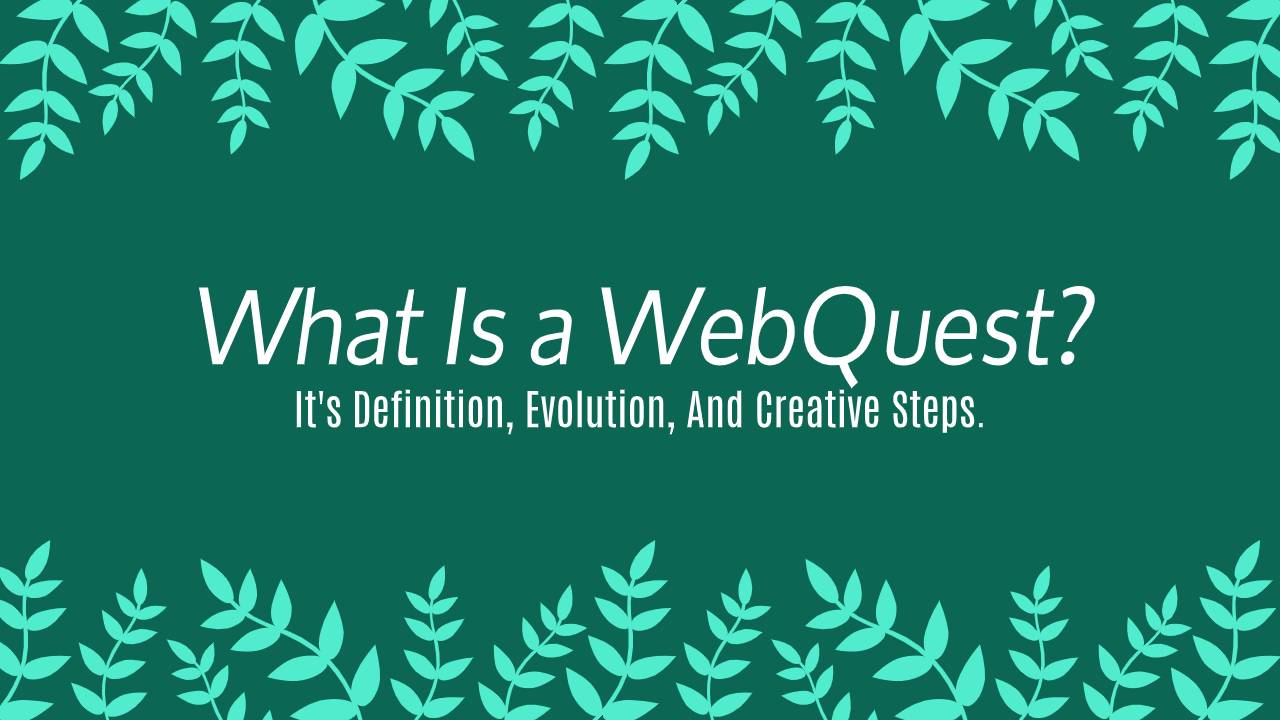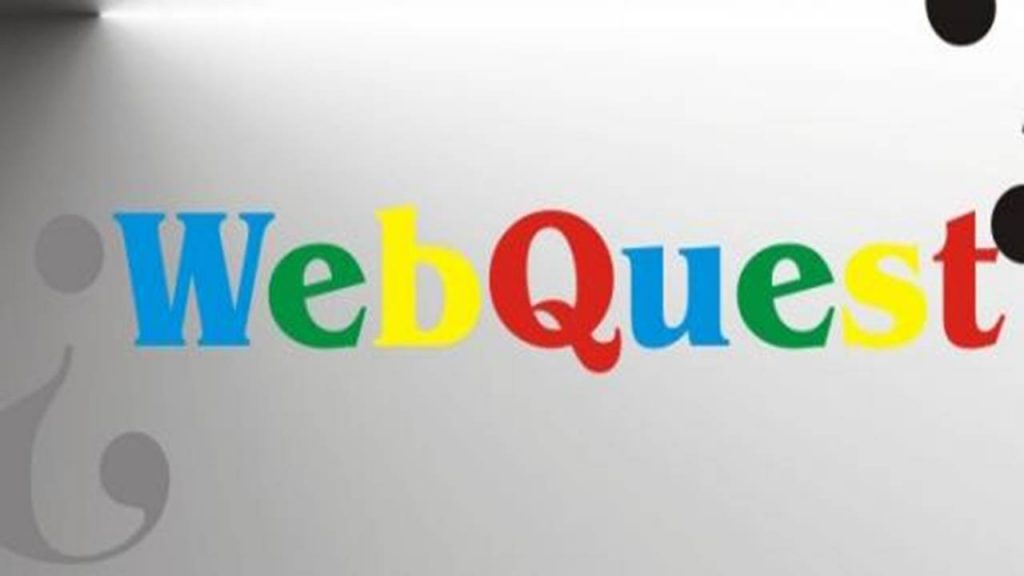Web quest is a didactic model that consists of a guided investigation where most of the information comes from the Internet. The concept was proposed by Bernie Dodge (researcher at San Diego State University ) in 1995.

What is a Webquest?
This type of activity, say its proponents, promotes the work in equipment, the autonomy of students, and the use of higher cognitive skills. It also helps students acquire skills related to the information society (a concept that refers to the era that human beings are currently going through, with unprecedented access to information, both for its dissemination and consumption).
The Webquest usually proposes attractive tasks that invite the student to adopt a dynamic behavior. The creative thinking is necessary for problem-solving and analysis of statements since the activity requires an additional effort to the fact answer a simple question.
How to Create a WebQuest
-
- The first step to create a WebQuest requires space on the Internet, either from the development of a website, a blog or some similar publication. The teacher must include an introduction to the project, the task to be developed, the suggested resources, and an evaluation, among other sections.
- A Webquest can be of short duration (when it has the objective of acquiring and integrating the knowledge of a subject in the short term) or of long period (when it is intended that the student manages to develop deduction, induction, and abstraction capabilities).
- It is important to distinguish between the Webquest and the so-called treasure hunt. While in the first activity, the student must transform and process the information, in the treasure hunt, he is asked to find the answer to a given question.
- Despite their usefulness, WebQuests represents one of the many tools that teachers have at their disposal and are not suitable to achieve any educational objective. Specifically, they are ineffective for memorizing historical facts, for learning simple procedures and for acquiring new definitions.
- To complete a Webquest, it is necessary to have a good level of reading comprehension; therefore, they are not appropriate for younger students or for those who have difficulties in language use. However, it’s possible to take advantage of the assistance of adults willing to read the statements and information aloud, to guide children who cannot complete the activities themselves.
Evolution Webquest
In technical terms, a Webquest is nothing more than a simple web page, so the tools necessary for its development are the same as those used to create any other type of document for the Network. The most advanced users, who rely on their knowledge enough to not require constant assistance when programming, usually use the notebook included in your operating system or applications similar to Notepad ++, an open-source text editor trendy among programmers of all idioms.
For those who appreciate the security provided by a syntax reviewer there are several programs, such as FrontPage and Dreamweaver, that allow the creation of web pages in a short time and through graphic interfaces, which eliminate the need to program each line of code, and save time for those who value aesthetics more than accuracy.
Some sites are explicitly dedicated to the creation of WebQuests, such as Questgarden and Zunal, which guide their users step by step in the process. On the other hand, teachers can make use of the numerous services of free pages and blogs, and adapt them to the Webquest format; Two very visited providers for this purpose are WordPress and Edublogs.

